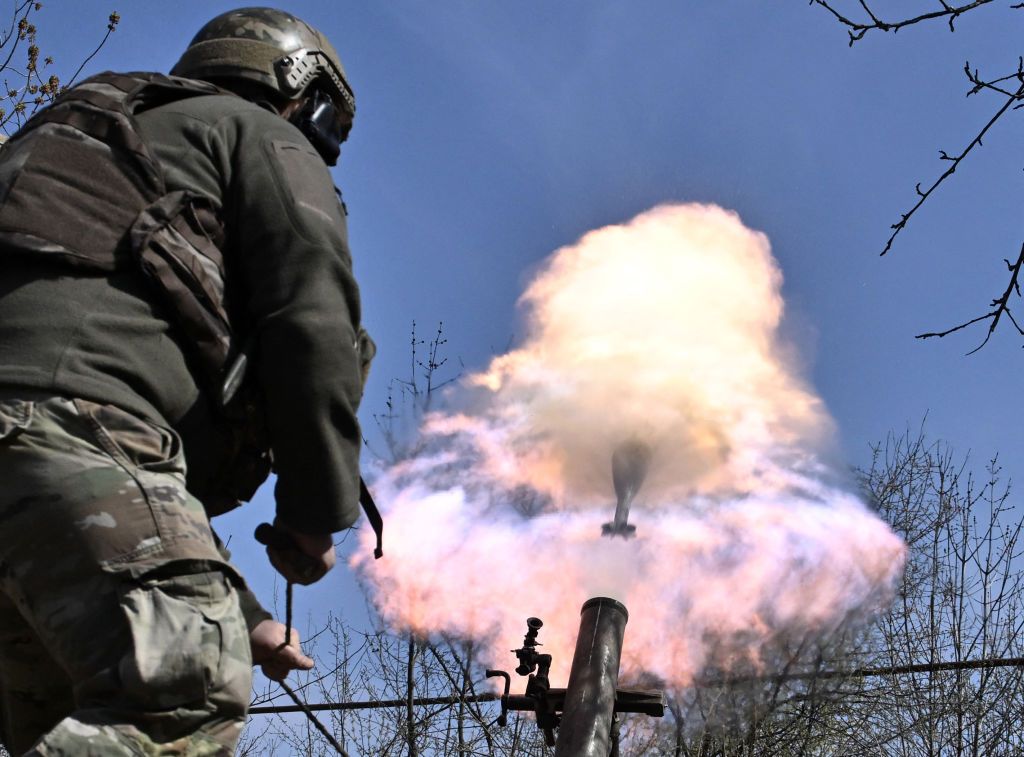Polish Prime Minister Mateusz Morawiecki said on April 12 he believes that only the direct intervention of President Biden would lead to an agreement for South Korea to make its artillery shells available to Ukraine.
Morawiecki, who is in Washington this week for meetings with U.S. officials and the International Monetary Fund, said "tapping into South Korean artillery stocks was crucial to getting more badly needed ammunition to Ukraine."
In an interview with the New York Times, Morawiecki said that Russia has far more artillery shells and is firing far more rounds on the battlefield each month than the Ukrainian army. He said South Korea has a "huge supply of artillery shells and could help."
Recently published leaked Pantagon documents purporting to contain highly classified intelligence related to the war in Ukraine indicated that Poland could have a role in the transfer of artillery shells from South Korea to Ukraine, according to the New York Times. The reports mentioned, however, that South Korean officials were reluctant to provide the ammunition to nations at war.
A South Korean newspaper the Dong-a Ilbo reported recently that the country has reached an agreement to lend the U.S. 500,000 rounds of 155mm artillery shells that could give Washington greater flexibility to supply Ukraine with ammunition.













